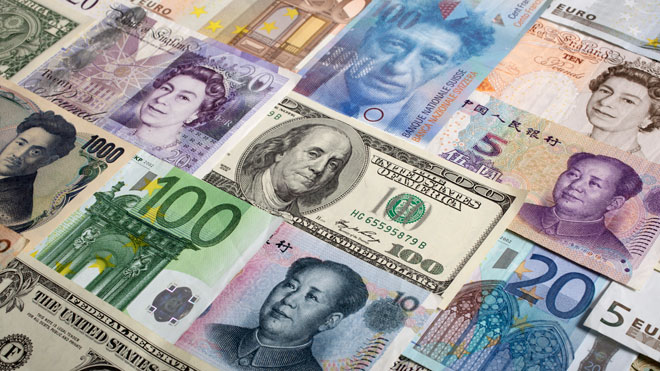BY OLUMIDE ADESINA
The forex market has long been a popular method for traders and investors around the globe to maximise their wealth through currency fluctuations. There have been several geopolitical and macroeconomic shocks across Africa that have weighed heavily on many currencies. The steepest currency depreciation and the highest inflation levels have been experienced by net importers of fuel and food.
African nations are primarily young, with a median age of around 19, so this dynamic and adaptive demographic has embraced Forex trading to grow their wealth at home without relying on employment, which is unlikely to continue for a while.
Nigeria and South Africa, the continent’s two largest economies, account for more than a quarter of the continent’s forex traders. Africa’s biggest participant in the FX market is South Africa. The most traded currency in Africa is the South African Rand, which is used by the nation. The Rand ranks as the 20th most traded currency globally.
Nigeria remains cautious about the FX market as the Nigerian Securities and Exchange Commission cautions its citizens against engaging in leveraged online retail forex trading.
People all throughout the continent now have the chance to benefit from changes in global finance thanks to forex trading. Forex trading now allows many African residents to earn an income both as a substitute for job losses or to supplement their existing income.
Online trading is now simpler than ever since stable internet connections are becoming more widely available throughout Africa because of the advent of fibre and the rise in the number of private internet providers and viable options like trading rebates.
Additionally, the availability of numerous trading apps allows African traders to keep track of the forex markets while on the road, resulting in a practical and approachable trading interface.
The forex market is accessible to traders in Africa whenever they choose because it is open around the clock, every day of the week.
Additionally, traders can now make trades at any time, from any location, using mobile trading apps, and eliminating the need to spend most of their trading time hunched over a desktop computer.
Although the forex trading market is expanding in Africa, there are still many obstacles to overcome. Fraudulent actions along with a lack of awareness, knowledge and regulatory infrastructure have impeded its growth.
There is no single regulatory authority in charge of monitoring currency trading, and the African continent is also heterogeneous. Because of this, forex trading is mostly unregulated, which leaves it more vulnerable to fraud and con artists.
Furthermore, Africa, compared to other continents, lags behind in skills and education in regards currency trading. The hazards and potential for profit of Forex trading are not well known to many people. Due to this ignorance, dishonest and misleading activities have been practised, which has led to many people falling for the scams of dishonest persons who promise astronomical gains.
However, interest in currency trading will undoubtedly continue to rise in the coming years. The sensitisation level is currently high as forex trading is advertised on social media and traditional media channels
There are equally growing amounts of seminars and programs to create awareness around currency trading. More foreign-based currency brokers are also picking interest in offering their services to African countries.
Adesina a France-born Nigerian, a certified investment trader, with more than a decade of working expertise in investment trading.
Views expressed by contributors are strictly personal and not of TheCable.



